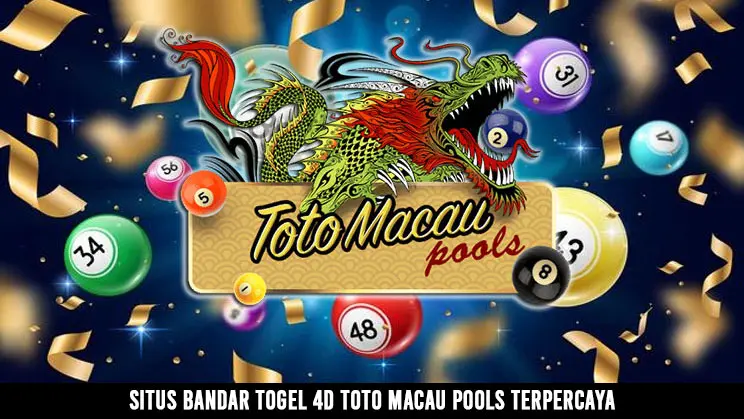The concept of a live draw macau is simple yet powerful: participants purchase tickets in the hopes of winning a grand prize, often amounting to astronomical sums of money. As the drawn numbers are revealed, hearts race and dreams are dared to be believed. The excitement that surrounds lotteries is not just about the prospect of striking it rich; it’s also about the shared anticipation, the dreams spun, and the potential for a new beginning.
Historically, lotteries have played multifaceted roles, from raising funds for public projects to providing entertainment during festive occasions. In modern times, they’ve taken on new dimensions, with national and international lotteries becoming a staple in many countries. The allure of the lottery lies in its universality – it cuts across boundaries of age, gender, and socioeconomic status. It’s a great equalizer, where anyone with a ticket holds an equal chance at winning.
However, the excitement of the lottery is accompanied by a sobering reality. The odds of hitting the jackpot are often astronomical, leading some to see lotteries as a form of gambling that preys on the vulnerable. Critics argue that they exploit the hopes and dreams of individuals who may be seeking a way out of financial hardship. Additionally, stories of winners whose lives were changed – sometimes for the worse – by their newfound wealth are not uncommon. Managing sudden riches can be a daunting task, and the allure of unearned wealth can lead to mismanagement, overspending, and strained relationships.
From a broader perspective, lotteries contribute significantly to state revenues, funding various public initiatives such as education, infrastructure, and social welfare programs. This financial injection, however, can raise ethical questions about relying on a form of gambling to fund essential services. Moreover, the regressive nature of lottery participation, where those with lower incomes tend to spend a larger proportion of their earnings on tickets, adds another layer to the debate.

